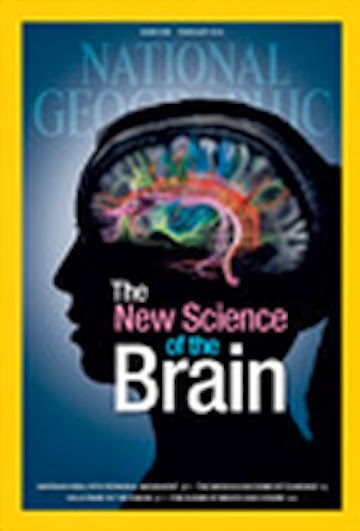By Sam Piha
 |
| Sam Piha |
While educators wring their hands about low test scores and educational reformers struggle to show improved academic outcomes, another study has recently been released that shows how out-of-school programs that do not focus on remediation, can lead to improved school outcomes.
 “Effects of an Out-of-School Program on Urban High School Youth’s Grades,” which was just published in the Journal of Community Psychology, examined the effect of the YMCA High School Youth Institute (YI) on grades, test scores and school attendance using a randomly selected matched comparison group. YI youth had significantly higher English-Language and Math test scores and somewhat fewer absences than the comparison group. Active YI participants had significantly higher academic GPAs and math test scores as well as somewhat higher total GPA. The findings suggest that high quality, comprehensive out-of-school programs can positively influence the academic performance of low-income youth.
“Effects of an Out-of-School Program on Urban High School Youth’s Grades,” which was just published in the Journal of Community Psychology, examined the effect of the YMCA High School Youth Institute (YI) on grades, test scores and school attendance using a randomly selected matched comparison group. YI youth had significantly higher English-Language and Math test scores and somewhat fewer absences than the comparison group. Active YI participants had significantly higher academic GPAs and math test scores as well as somewhat higher total GPA. The findings suggest that high quality, comprehensive out-of-school programs can positively influence the academic performance of low-income youth.
Below, we ask Bob Cabeza a number of questions about this study (Bob is the Vice President of Community Development, YMCA of Greater Long Beach and Founder of the Youth Institute).
 |
| Bob Cabeza, How Kids Learn Conference |
Q: Can you briefly describe what you think are the most important findings of this study?
A: The most important findings in the study are the increases in GPA and grades as compared with the control group. Also, the real eye-opener was that the greater duration of the youth's involvement with the program, the more positive their grades and GPA became. Clearly showing that not just academic interventions, but learning engagement coupled with social supports in an out-of-school program makes a difference in a youth's in-school academic outcomes.
Q: What are you most excited about?
A: I am most excited about the fact that we knew that we were making a positive difference in young peoples' academic success and future, anecdotally and qualitatively, but now we really have some indisputable, quantifiable evidence to that fact. I am also excited that this article supports greatly what all of us in the high school afterschool field believe and are doing.
Q: You have spent much of your career defending youth development over pure remediation in afterschool as a way to promote school and life success. What in your program design and implementation would you point to that resulted in these findings?
 |
| Photo Credit: Youth Institute, Long Beach |
A: When youth are bonded to a pro-social adult who supports them academically and hold high expectations of them, they want to do well intuitively. And when those relationships are strong and long-term, young people feel cared for. They open themselves to academic and social interventions, as well as positive messages that they need. As a result, they try harder and do better academically. I also think that when young people are engaged in learning activities that they see as relevant to their lives and futures, they gain other skills that are transferable in academic environments - things like 21st Century skills. We are talking about abstract thinking, sequential thinking, problem solving, group work, and critical thinking. We see them use their love of learning, which all young people have, and they sometimes challenge the academic environment if it lacks relevance.
Q: The Learning in Afterschool & Summer (LIAS) project has stressed the importance of learning – we believe that learning IS development. How do you view and how do you use the LIAS principles in your program?
A: Our whole programmatic philosophy is based on the LIAS principles. We design all of our curriculum and teaching approaches to these principles. For instance, we budget unique field trips to cities and national parks and do unique activities and bonding in these spaces to help young people become exposed to different environments. These experiences develop independent living skills, appreciation of their natural world, life sciences, cultural experiences, and different artistic as well as architectural environments. This experience directly relates to learning that expands horizons and connects a real world experience to an abstract exercise in school such as reading about the natural environment or studying about a city or culture.
 |
| Photo Credit: Youth Institute, Long Beach |
All of our creative digital arts assignments are project-based and require problem solving, exploration, group work, and an end product and celebration. Moving through a multi-dimensional activity where it's both research-based and active-based supports multiple learning principles. These approaches support learning that is collaborative, active, meaningful, supports mastery, and expand horizons.
Q: How important are the LIAS principles to achieving the kind of findings that your study showed?
A: We need to get young people excited about learning. We need to get them engaged in the learning process and we need to activate their innate developmental curiosity, passion, and intellect. That is what the LIAS principles do when approached correctly. When youth have a positive learning experience, it provides for the development of new skills and a greater sense of agency, which effects their performance in the academic environment.











